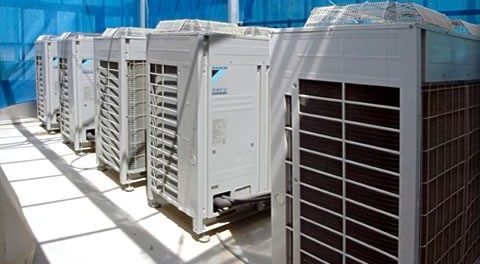
Compared to traditional heating systems, heat pumps need a different way of thinking about design, construction and operation to make them work as well as possible. With heat pumps becoming increasingly popular, and practically a requirement for new builds in London, its important to ensure they are delivered well.
On paper, the high efficiencies and therefore low carbon associated with heat pumps look like an attractive way to meet policy requirements. But these efficiencies are only achieved under the right circumstances.
Some of the design changes that may be needed include:
- Heat emitters – as heat pumps operate best at lower flow temperatures, dwellings require larger radiators or underfloor heating.
- Fabric – lower flow temperatures mean high performance fabric is required to hold the heat produced within the dwelling. Any performance-gap will result in an undersized heat pump that can’t heat the home.
- Hot water – heat pumps typically have significantly lower power outputs than gas boilers so require hot water cylinders.
Other practical considerations include:
- Air source heat pump output decreases as the external temperature decreases. Therefore, when heat is needed most, they are least able to provide it. Careful selection of design temperature criteria is therefore recommended.
- Providing residents information on how to use a heat pump system including how they may differ from other systems they are used to. For instance, they operate better when on continuously rather than started from cold.
- Defrost cycles in humid areas, such as southeast England, can reduce the overall system efficiency including loss of operation in some circumstances. Again, how they are sized and operated makes a difference.
- Using fully trained and qualified designers and installers will reduce risks
- Allowance for the space needed for the internal and external parts of the heat pump, including consideration of noise impacts
- Ensuring the larger electricity demand can be met
With these in mind, heat pumps can provide an effective, low carbon heating solution.
Posted on November 29th, 2021
Related services: Energy Statements, SAP (Domestic), Thermal Modelling, Energy & Fabric Performance Evaluation,